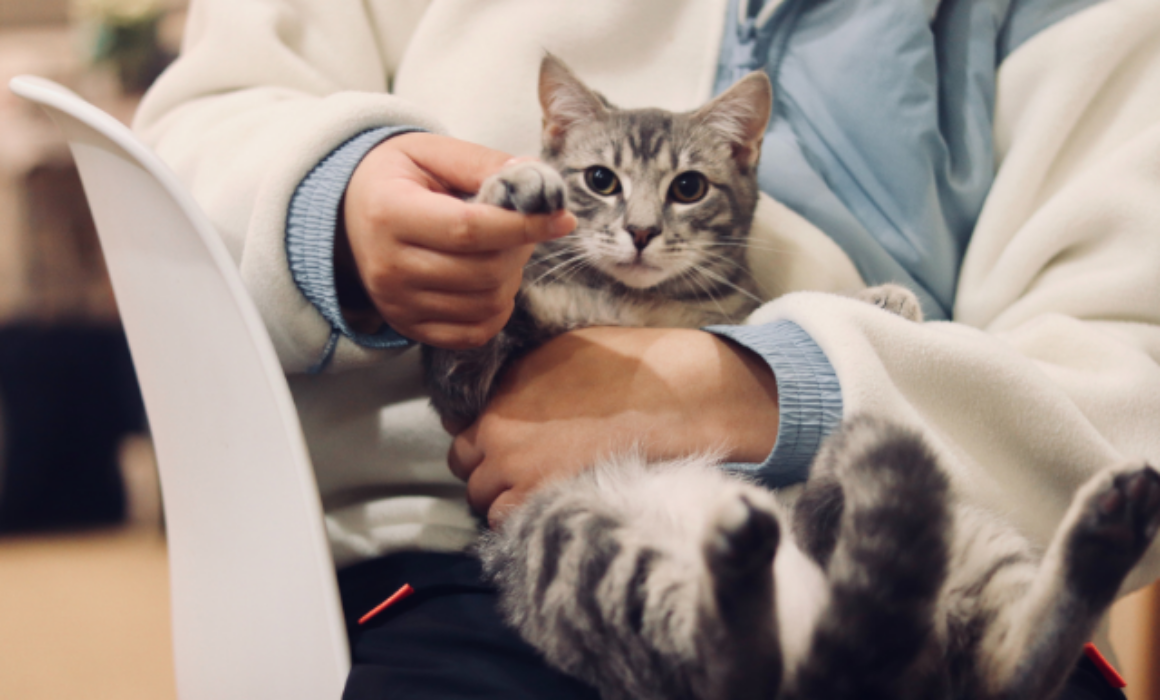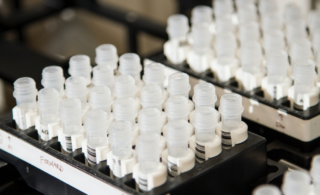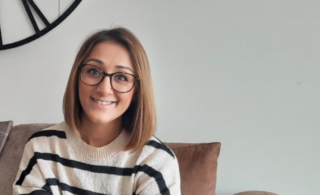
Let's Nail Breast Cancer - Help support our urgent appeal on the 19th - 20th May 2024
Let's Nail Breast Cancer - Help support our urgent appeal on the 19th - 20th May 2024
Let's Nail Breast Cancer - Help support our urgent appeal on the 19th - 20th May 2024
Let's Nail Breast Cancer - Help support our urgent appeal on the 19th - 20th May 2024
Let's Nail Breast Cancer - Help support our urgent appeal on the 19th - 20th May 2024
Some people continue to work throughout their breast cancer treatment, whilst others decide to take some time off work. In this article, the author explains how continuing to work throughout treatment helped her.
By Lorna
In August 2017 I was diagnosed with Breast Cancer. One evening after a shower I noticed a dent in my lower breast which prompted me to see my GP. She referred me to the breast clinic where after a biopsy I was diagnosed with stage 2a ER+/HER2+ Invasive Ductal Carcinoma Breast Cancer. I was 37 years old. I remember the first thing I said to the specialist was “OK what do I need to do?“. She told me that I would need surgery, chemotherapy, radiotherapy and Herceptin injections. My next question was “Can I still work?“
I have been Veterinary Nursing for nearly 20 years, qualifying 11 years ago. My job is my absolute passion so I immediately decided to try to work through as much of my treatment as I could. I also continued studying for a 2 year Advanced Certificate in Feline Behaviour that I had started before my diagnosis. I felt that continuing to study would keep my mind occupied.
I knew continuing to work and study would be a challenge as my job can be physically and mentally tiring, stressful and dirty with very long days. I had to make sure that I did not put myself in a position where I was vulnerable to infectious diseases from both my patients or their owners as my immune system would be compromised. I did take a few days off after each of the 6 cycles.
Due to my being the Head RVN at my practice I was able to concentrate on the admin side of things through out my chemotherapy when my immune system was at its lowest. I limited myself to using one phone only which I cleaned with antibacterial wipes before every use, I wore a hand sanitiser on a lanyard around my neck to remind myself to be as hygienic as possible and to be able to clean my hands quickly. I didn’t consult during the first 10 days on my chemo cycles and the vets and nurse I work with ensured that I was informed of any infectious cases in the practice so I could avoid them.
I wore travel sick bands on my wrist to help with deal with nausea and I wore animal related animal bandanas when I lost all my hair. If I needed to rest, I did. If I needed to sit down, I sat down. I kept my employers informed of all my treatment and how I was doing physically and mentally so they could make allowances for me should I have needed them.
Working and studying through treatment was very hard but I wanted to keep my mind off my treatment and it worked for me. I feel this definitely helped my mental health. I don’t tell my story to show off as I understand some people just cannot work through treatment but to say that if you want to continue to work, then maybe you can. I tried to remain positive throughout and I think this helped me massively both emotionally and physically. Just know your body and be kind to yourself. My treatment (apart from 10 years of Tamoxifen) finished in December 2018. I’m still an RVN working full time at the same clinic. My hair is growing back and my life is getting back to how I want it. I also completed my Advanced Certificate in Feline Behaviour with Distinction. Choosing to work through my treatment was absolutely the best choice for me.
To return to the homepage of our Information Hub, click here where you can access more helpful information, practical advice, personal stories and more.
Future Dreams hold a range of support groups, classes, workshops and events to help you and your carers during your breast cancer diagnosis. These are held both online and in person at the London-based Future Dreams House. To see what’s on offer and to book your place, see here.
September 2019 (Reviewed February 2024)
This article was written by a guest author based on their own experience of breast cancer and its treatment. It is important to note that this is one person’s experience and that whilst there may be commonalities between the experiences of different people, everyone has a different diagnosis/treatment plan/general experience. The information and content provided in all guest articles is intended for information and educational purposes only and is not intended to substitute for professional medical advice. It is important that all personalised care decisions should be made by your medical team. Please contact your medical team for advice on anything covered in this article and/or in relation to your personal situation. Please note that unless otherwise stated, Future Dreams has no affiliation to the guest author of this article and he/she/they have not been paid to write this article. There may be alternative options/products/information available which we encourage you to research when making decisions about treatment and support.
Share

Support awareness research
Donate to those touched by BREAST cancer
Sylvie and Danielle began Future Dreams with just £100 in 2008. They believed nobody should face breast cancer alone. Their legacy lives on in Future Dreams House. We couldn’t continue to fund support services for those touched by breast cancer, raise awareness of breast cancer and promote early diagnosis and advance research into secondary breast cancer without your help. Please consider partnering with us or making a donation.



